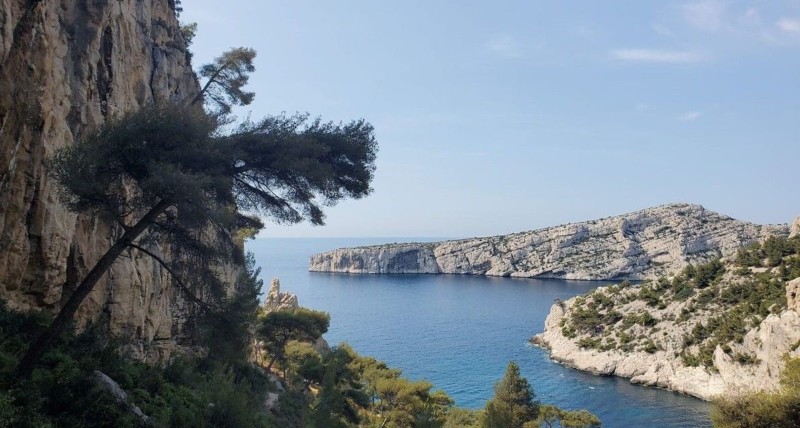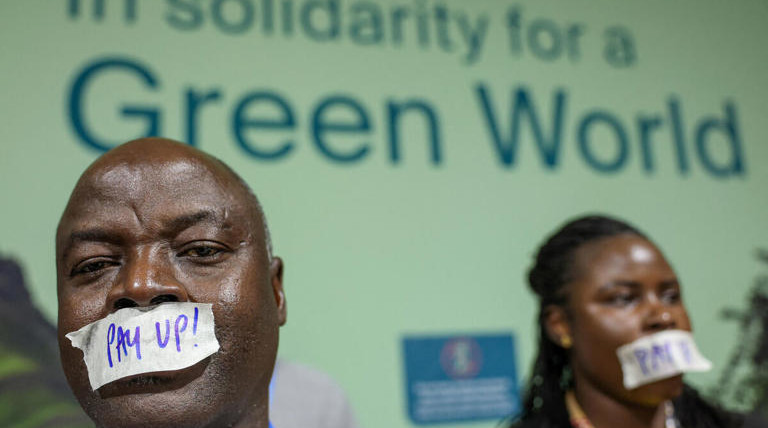One year after its official launch at the Our Ocean conference in Athens, the SAvE Whales technological project was highlighted during a parallel event at the 10th edition of the conference held in Busan, South Korea. Designed to reduce collisions between ships and sperm whales in the Strait of Kythera, Greece, this innovative system has made significant strides toward implementation.
The SAvE Whales system, which stands for « System for the Avoidance of Ship-strikes with Endangered Whales, » offers a technological solution to the issue of ship strikes in an area where redirecting maritime traffic is technically impossible. The system enables real-time detection of cetaceans, allowing crews to adjust their navigation to avoid collisions that are often fatal for these protected species.
During the conference, project partners, including OceanCare, the Greek Ministry of Environment and Climate Change (NECCA), the Greek Ministry of Environment, and The Green Tank, presented the progress made since the signing of a memorandum of understanding in June 2024. This agreement aims for full implementation of the system by 2028.
Notable progress includes the establishment of a steering committee with all partners, initial field scientific campaigns, development of operational recommendations for sailors, and concrete industrial commitments. Arcadia Shipmanagement, a leading Greek shipowner, confirmed its participation in the system’s testing phase. Captain Dimitrios Mattheou, director of Arcadia Shipmanagement, praised this initiative as essential for areas with high maritime traffic, where alternatives are limited.
Scientists report that more than half of the sperm whale carcasses found on Greek shores show signs of ship strikes. However, in most cases, the crews are unaware of the collision. This highlights the importance of developing tools like SAvE Whales to improve both prevention and awareness.
Nicolas Entrup, International Relations Manager at OceanCare, stated that this system is the culmination of several years of collaboration with Greek institutions to protect the sperm whale population in the Eastern Mediterranean. It complements advocacy efforts to shift maritime routes away from critical habitats, where possible.
Petros Varelidis, Secretary-General for Natural Environment at the Greek Ministry of Environment, emphasized the importance of moving from principles to concrete actions. He believes the project demonstrates Greece’s commitment to balancing maritime leadership, tourism, and biodiversity protection.
Sharon Livermore, Director of Marine Conservation at IFAW and Chair of the Ship-strike Working Group at the International Whaling Commission, reminded the audience that Greece has the highest documented sperm whale mortality rate due to ship strikes in the world.
The deployment of the system in the Hellenic Trench, recognized as a critical marine mammal area by several international conventions (ACCOBAMS, IMO, IWC), is part of the ongoing effort to establish the Ionian Marine National Park, announced in 2024.
By combining technological innovation, political commitment, and scientific cooperation, the SAvE Whales project represents an effective conservation strategy, tailored to the constraints of maritime navigation, and aligned with international priorities regarding maritime safety, the blue economy, and ocean protection.
Source: actunautique




